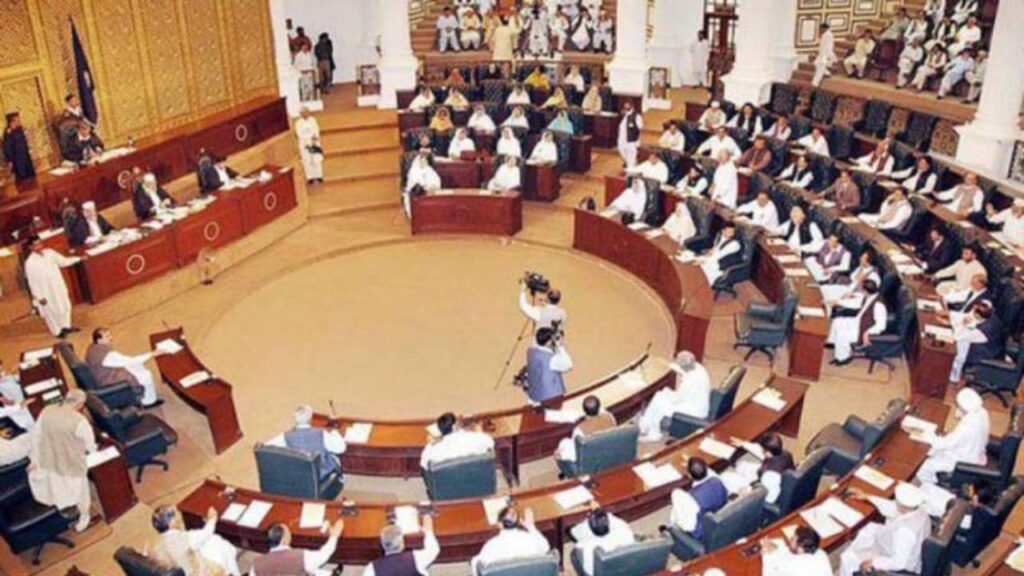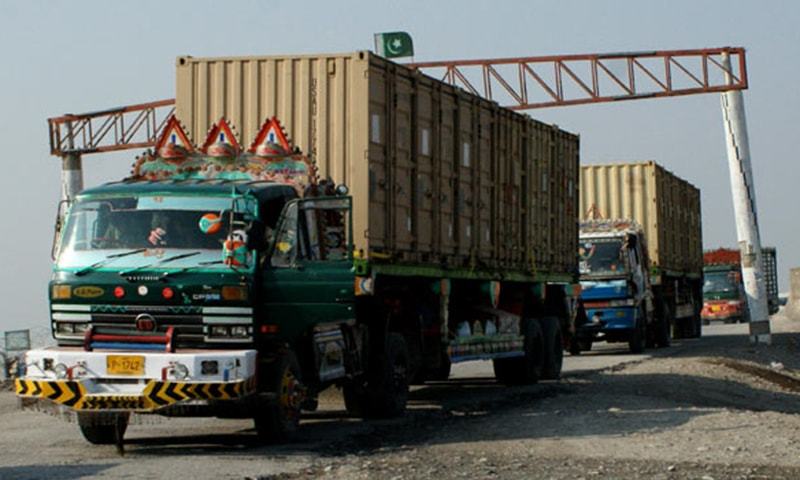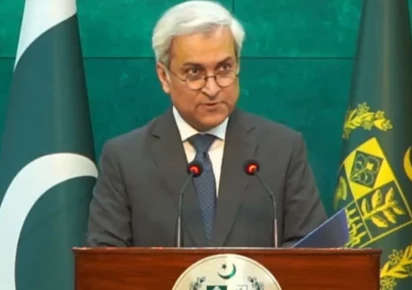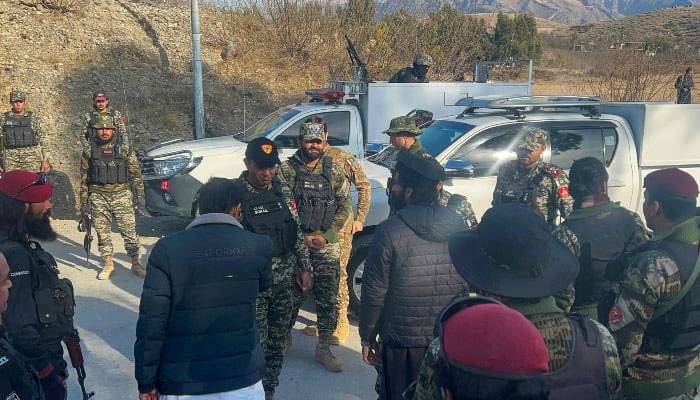A crucial All-Parties Conference (APC) convened by Khyber Pakhtunkhwa Chief Minister Ali Amin Gandapur today to address the escalating wave of terrorism in the province descended into a political stalemate. Opposition parties boycotted the meeting, denouncing it as a mere “show” and further exacerbating political tensions in the province.
The opposition’s rejection of the APC underscores the deep divisions within the provincial government. Opposition Leader Dr. Abadullah sharply criticized the conference, calling it a “political charade” and arguing that the provincial government’s approach to the crisis is unserious. He insisted that genuine solutions to the province’s problems can only be found through parliamentary debate, not through “meaningless meetings.”
A united front of opposition parties, including the Pakistan Muslim League-N (PML-N), Jamiat Ulema-e-Islam (F), Awami National Party (ANP), and Pakistan Peoples Party (PPP), announced their collective boycott of the APC. ANP Provincial President Mian Iftikhar Hussain dismissed the conference as a “futile exercise,” asserting that such meetings would yield no positive results.
Member of Provincial Assembly (MPA) Muhammad Riaz of the JUI-F told Khabarkada that the opposition had borne the brunt of the sacrifices in the fight against terrorism in Khyber Pakhtunkhwa. He blamed the current security situation on the government’s failures and demanded that the government take responsibility for resolving the crisis.
Chief Minister Gandapur reacted strongly to the opposition’s boycott, accusing the participating parties of being indifferent to the province’s grave challenges. He emphasized the importance of public cooperation in maintaining peace and security and reiterated his government’s commitment to engaging with all political parties.
Gandapur also unequivocally condemned any drone strikes in Khyber Pakhtunkhwa, stating that the provincial government would work tirelessly to ensure the province’s security at all costs. The boycott casts a shadow over efforts to forge a united front against terrorism in the region, highlighting the deep political divisions that hinder effective governance in Khyber Pakhtunkhwa.







